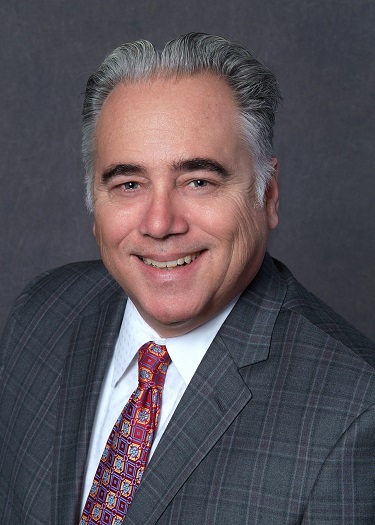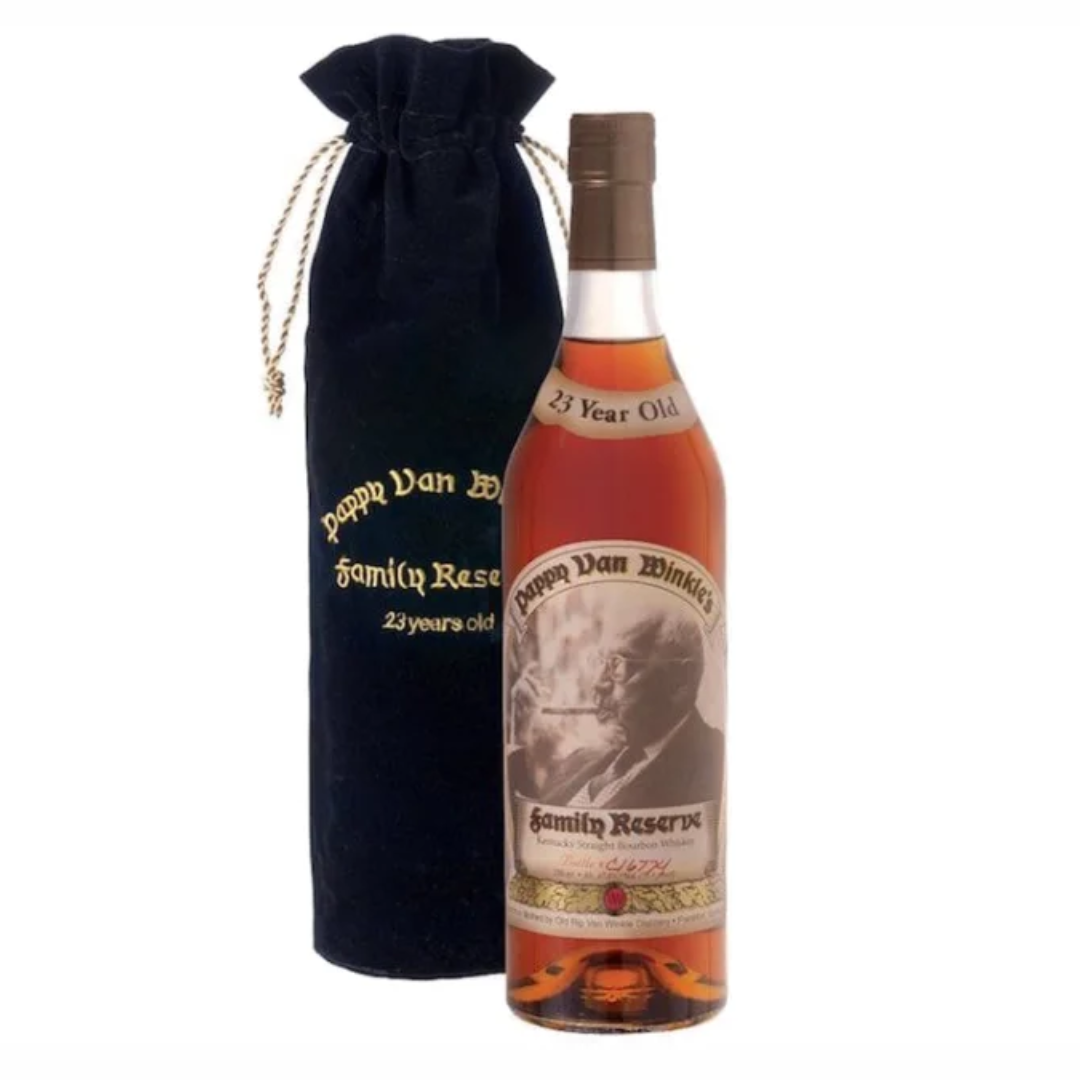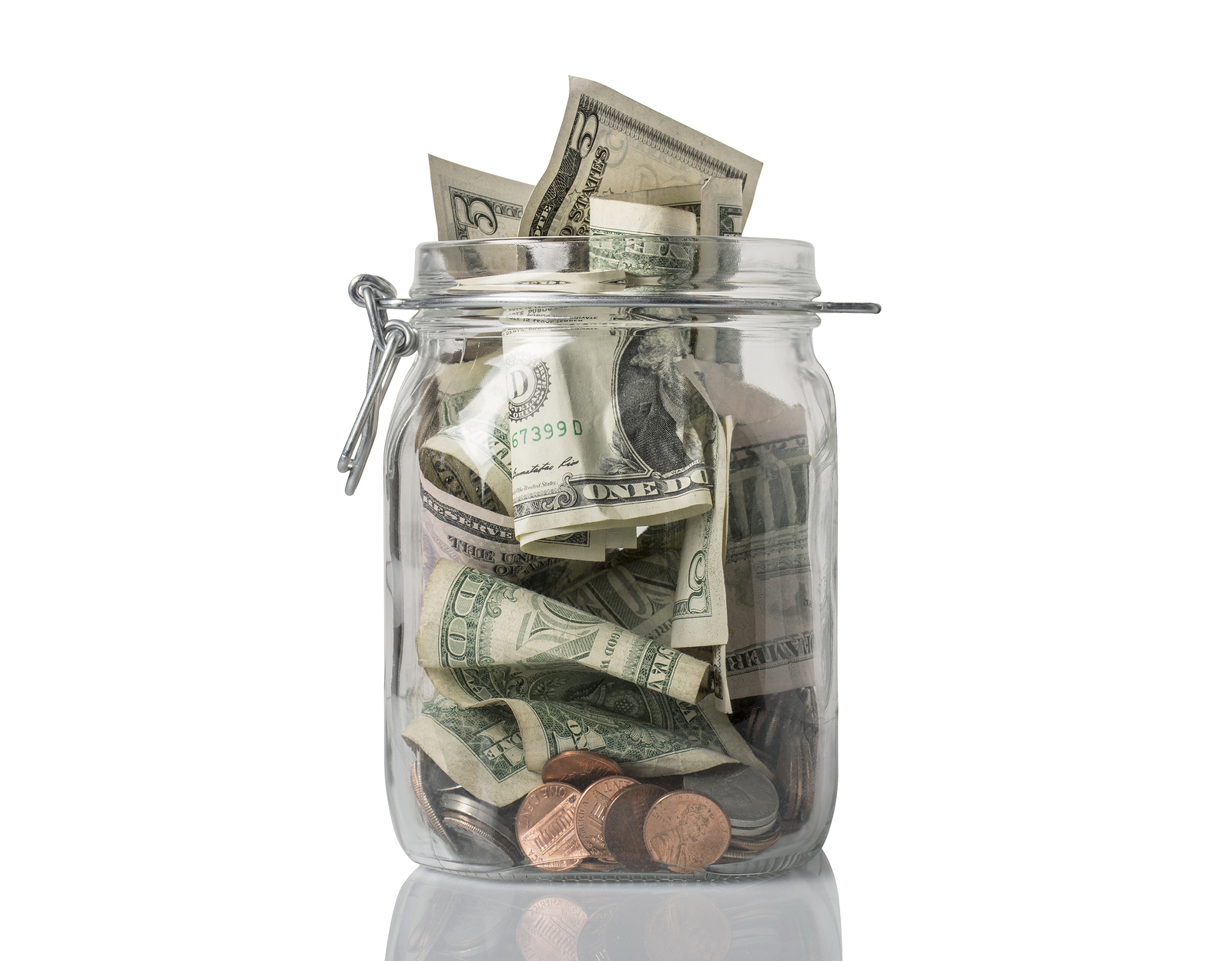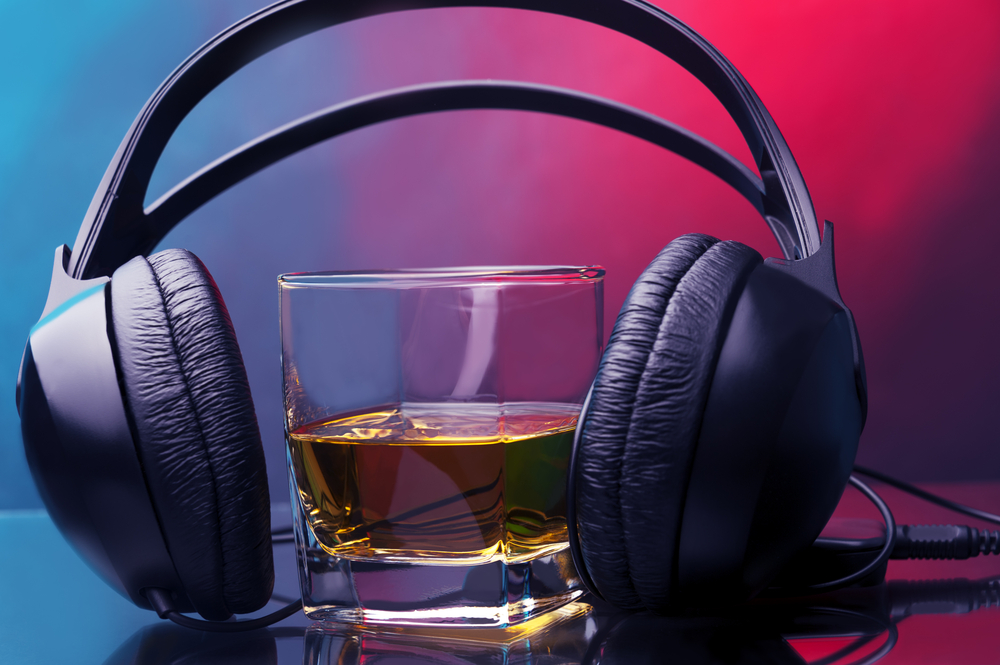Governor Wolf Signs Bill to Allow Mixed Drinks To-Go for Restaurant and Hotel Licensees
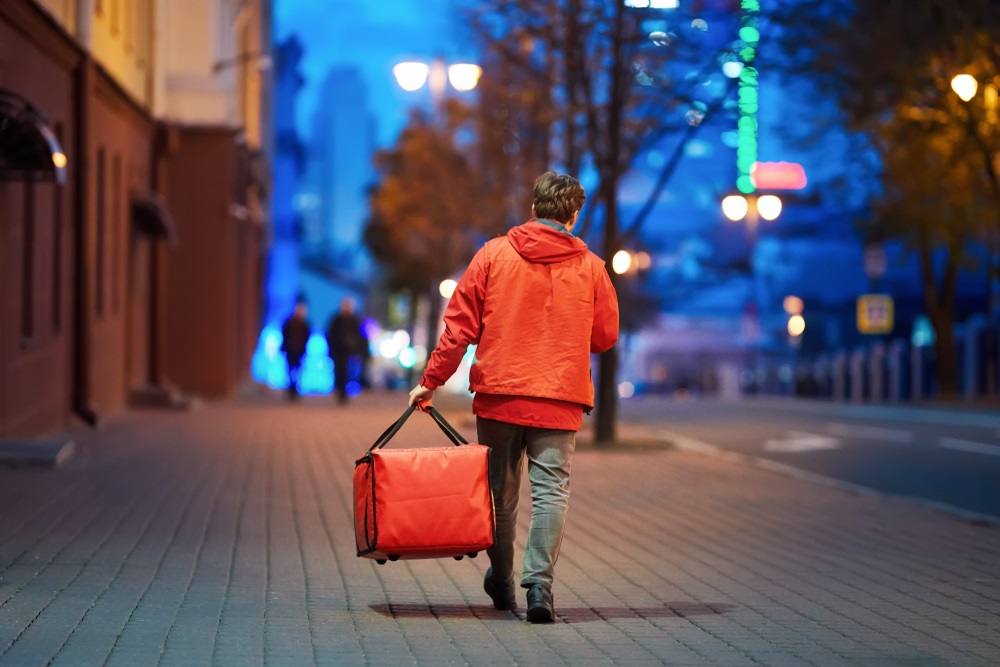
Due to the coronavirus (COVID-19) outbreak, Pennsylvania restaurants and hotel licensees that are permitted to sell mixed drinks and cocktails for on-premises consumption have lost a significant amount of business due to the on-premises sales prohibition. While there have been reports of restaurant licensees in Pennsylvania selling mixed drinks and cocktails to-go, that was not previously legal under the Pennsylvania Liquor Code. On April 28, the Pennsylvania House of Representatives voted to amend the liquor code to temporarily permit restaurant and hotel licensees to sell mixed drinks and cocktails to-go, so long as food is available as well, during the coronavirus pandemic only. The Pennsylvania Senate subsequently voted to forward the Bill to Governor Wolf for signature.
Requirements to Sell Mixed Drinks and Cocktails To-Go
To qualify to sell mixed drinks and cocktails to-go, a business must meet the following requirements:
- Have an active Restaurant (“R”) or Hotel (“H”) license, that is not subject to an objection to their license or suspension;
- It must have lost more than 25% of its average monthly sales, including food and alcohol, due to the Pennsylvania stay-at-home orders;
Restaurant and Hotel licensees must follow these requirements:
- The sales to-go must meet the definition of a “Prepared Beverage and Mixed Drinks”, which is a sealed container with no less than 4 fl. oz. and no more than 64 fl. oz. that is prepared on the licensed premises
- A “sealed container” is a package container with a secure lid designed to prevent consumption without removal of the lid (a lid with straw or sipping holes must be covered or sealed at the point of sale
- Sales may happen during permitted licensed hours but must cease at 11:00 PM as opposed to the 2:00 AM usual requirement to cease sales;
- Must use a transaction scan device for everyone that appears to be over 35 years of age within 60 days of the effective date, which will be upon Governor Wolf’s signature
- The licensee shall prominently display a warning sign that puts consumers on notice that these beverages to-go are “open containers” under the Vehicle Code and may only be transported by the driver of a vehicle in the vehicle's trunk or in some other area that is not occupied by the driver OR passengers
COVID-19 Disaster Emergency Privileges for Licensees
An interesting privilege is that licensees can sell to other licensees that are qualified to sell mixed drinks or cocktails to-go. This is a privilege to sell the extra inventory of spirits and the selling licensee must notify the PLCB in writing.
These privileges shall cease upon the ending of the mitigation period taking place after the COVID-19 Disaster Emergency is lifted, which shall mean that the licensee is permitted to operate at more than 60% capacity (likely related to occupancy restrictions that will be in place when on-premises sales continue).
It should be noted that this only applies to Restaurant (“R”) license holders and Hotel (“H”) license holders and does not apply to any other license in Pennsylvania. Other licensees, such as manufacturers (breweries and limited wineries) and club licensees, are not permitted to sell cocktails or any form of liquor to-go.
For information regarding national and state liquor law matters or general manufacturing and distribution advice, please contact our Liquor Law, Licensing, Manufacturing, and Distribution Practice Group: Liquor Law Department Chair Theodore J. Zeller III, Esquire (tzeller@norris-law.com); David C. Berger, Esquire (dberger@norris-law.com) for Pennsylvania and New Jersey retail and manufacturing licensing; or contact our offices at 610-391-1800.
The information contained in this post may not reflect the most current developments, as the subject matter is extremely fluid and constantly changing. Please continue to monitor this site for ongoing developments. Readers are also cautioned against taking any action based on information contained herein without first seeking advice from professional legal counsel. For more topics related to COVID-19, visit our Coronavirus Thought Leadership Connection.

